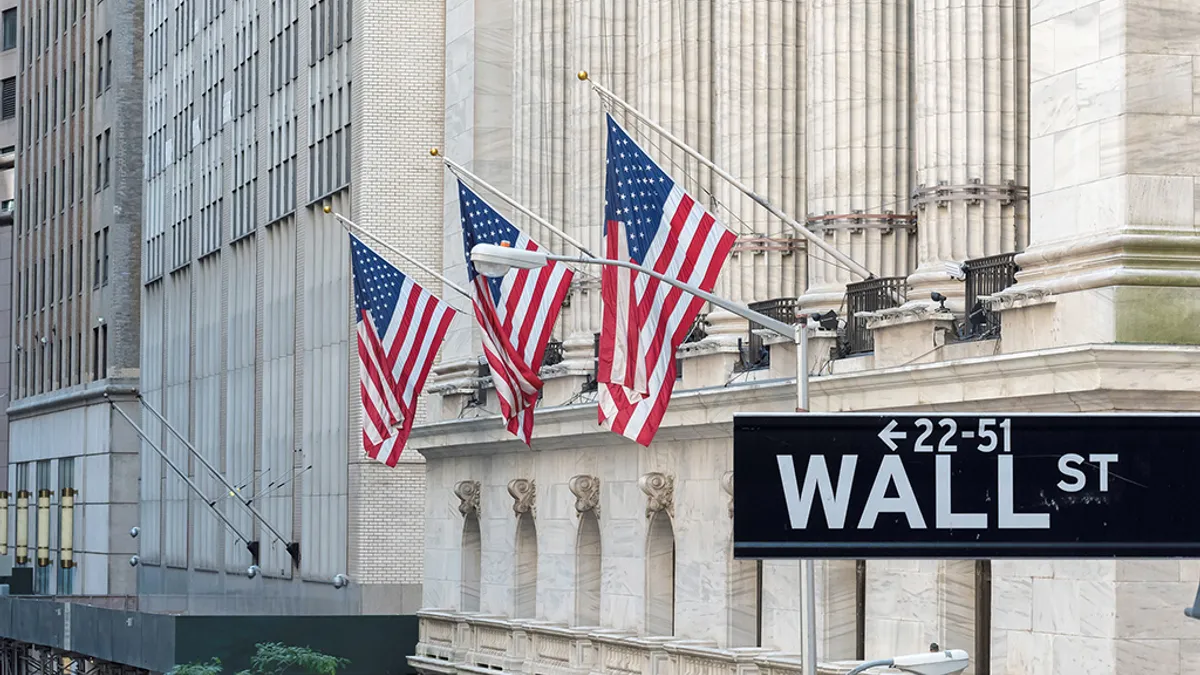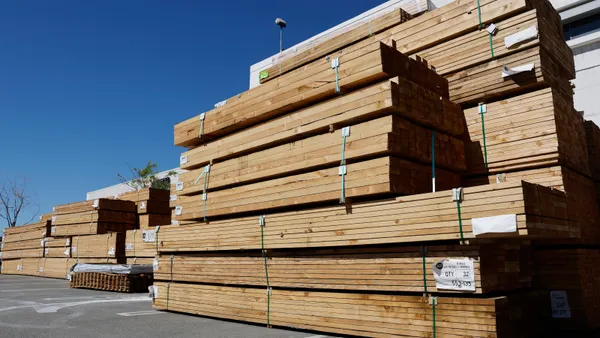A contractor that counts the lion’s share of its construction revenue from public dollars isn’t fretting about regime change in Washington.
Despite the Trump administration pausing disbursements for government grants and then ignoring court orders to unfreeze that money, according to The New York Times, Granite Construction CEO Kyle Larkin said he was confident funding from the Infrastructure Investment and Jobs Act would continue.

“We're following the changes coming out of Washington and believe that there is tremendous support to maintain and improve our nation's highways, roads, bridges, ports and airports,” Larkin said Feb. 13 on a call with investment analysts to discuss the firm’s fourth-quarter and full year 2024 results. “We expect the current level of funding for this critical infrastructure to continue well beyond the IIJA.”
Indeed, Larkin said money would continue to flow from the $1.2 trillion law well after it is scheduled to sunset.
“We believe the infrastructure bill will continue to support our industry for many years to come, with the majority of funds remaining to be spent when the bill terminates in 2026,” Larkin said. “These strong markets support our outlook as approximately 75% of our construction segment is publicly funded.”
By the numbers
Watsonville, California-based Granite reported net income of $41.5 million for 2024’s fourth quarter, a 60% jump from the same period a year prior. Profits for the full year were also up nearly threefold at $126.3 million.
Those gains came off 5% higher revenue for the quarter of $977 million. For the full year, the firm posted $4 billion in revenue, a 14% increase from 2023.
One soft spot was the $5.3 billion in backlog Granite saw at the end of the year. That figure was down sequentially from the $5.6 billion it reported a quarter earlier, a drop of 5.8%, and from the $5.5 billion it had on its books to close out 2023, resulting in a 4.5% decline for the year.
Despite that reduced pipeline, Larkin said the firm had actually seen a robust bid environment in the fourth quarter, where it submitted the low bid on an additional $450 million in new work compared to the prior year’s period. It expects to recognize that backlog, which it refers to as “committed and awarded projects,” or CAP, during Q1 and Q2 of 2025.
“Obviously, CAP can come up and down a little bit based on some of these best value projects, when it can be lumpy,” Larkin said. “But over the long haul, we believe we're going to continue to build CAP.”
Best market ever?
One reason for his confidence, Larkin said, was the robust state of the market.
“We continue to experience the strongest market that I've seen throughout my career, excluding only the short-lived housing bubble,” Larkin said. “State transportation budgets are near record levels across our footprint. These state budgets are supported by the federal infrastructure bill, or IIJA.”
In Granite’s home state of California, for example, the proposed 2025-2026 budget for the state DOT rose to $9.8 billion, according to the firm’s earnings presentation, a 9% increase from the previous year.
“Across the board, we feel really good about the markets,” Larkin said.
If there was any area of concern, it came when an analyst asked for Larkin’s take on where inflation might be headed. Contractors have increasingly been worried about the specter of inflation returning amid the Trump administration’s imposition of tariffs on building materials that are sourced from overseas.
“Right now, we anticipate being closer to that 3%,” Larkin said, noting that his firm can counter that by pursuing projects that have already been designed, so it can know what material prices to put in its bid. “So we feel really good about our ability to mitigate that risk, but we do expect inflation to go up a little bit this year.”














